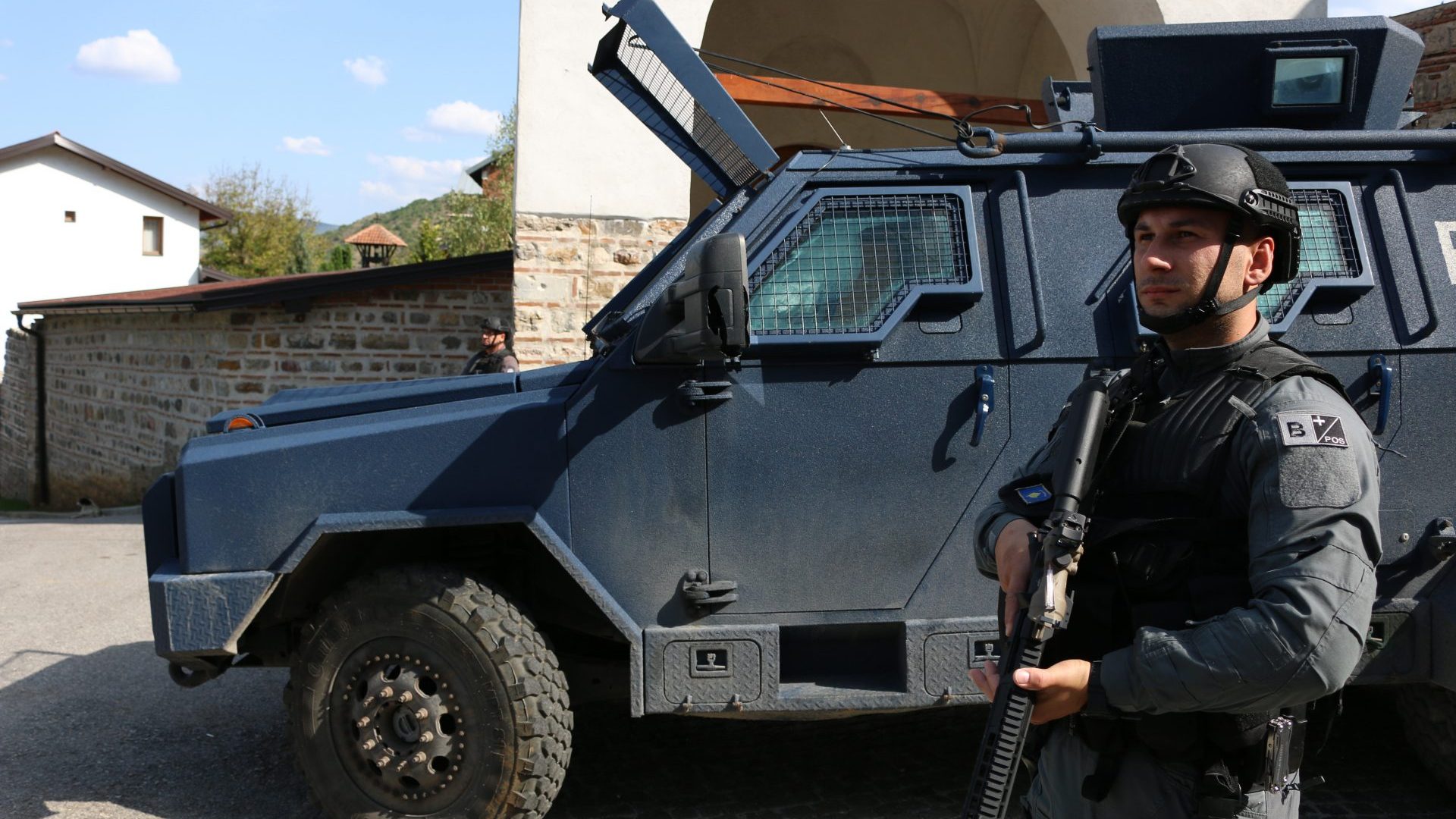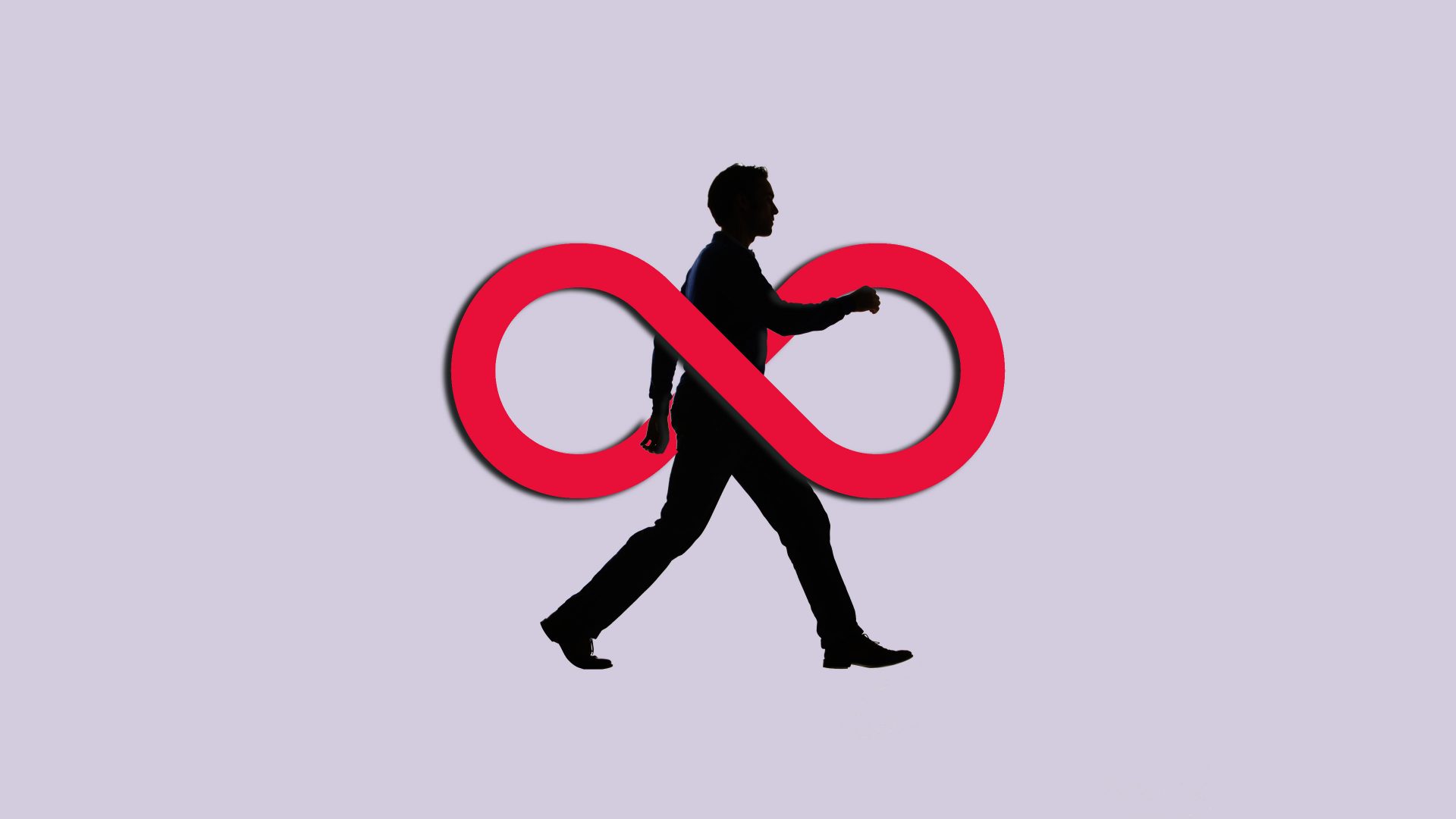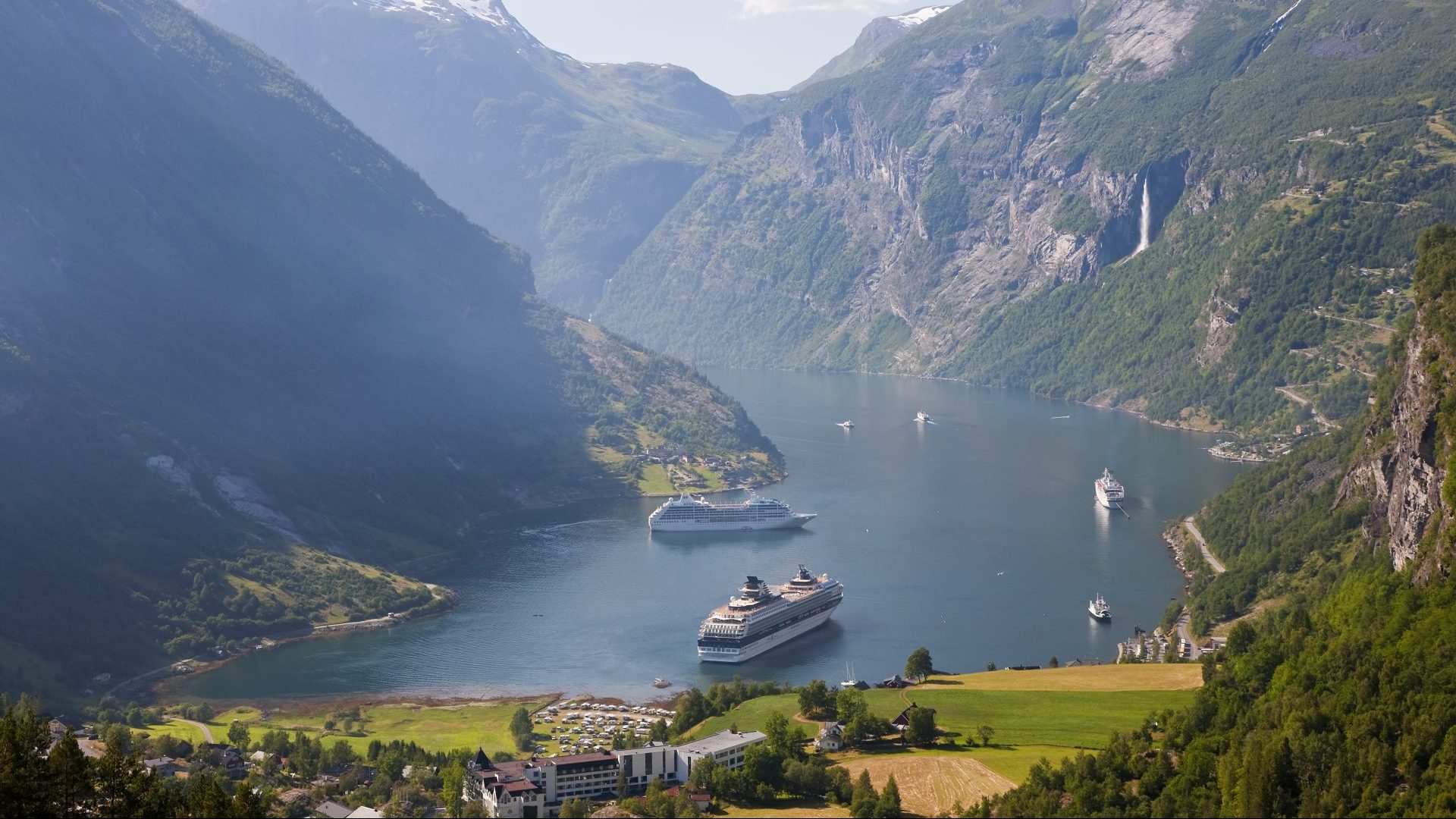On September 24, a group of 30 heavily armed Serbian paramilitaries set up roadblocks in Kosovo, and engaged the police force in a shootout that left one policeman and three of the gunmen dead. As the survivors holed up in a monastery, the Kosovan government released a video showing Milan Radoičić among them: the deputy leader of the Srpska Lista party, which represents the Serbian minority in Kosovo, was filmed strutting around in a flak jacket with an assault rifle.
Once Radoičić and the surviving gunmen had fled across the border to neighbouring Serbia, the US State Department was alarmed to find thousands of Serbian troops massing there in pre-invasion mode. By going public with the intelligence, and scrambling a battalion of British soldiers under direct Nato command, the west may have averted a meltdown.
But the underlying problem remains: the armed action was clearly meant to trigger something and it nearly did. It is impossible to see the episode as anything but a symptom of the new Great Game being played by Vladimir Putin, who is picking at every open sore in the European political order.
Coming days after the ethnic cleansing of 200,000 Armenians in Nagorno-Karabakh, and days before the Hamas incursion that has triggered war with Israel, the Kosovo incident looks small.
But it’s a symptom of the same geopolitical breakdown. Russia, despite its pariah status after the invasion of Ukraine, still holds pivotal influence in the western Balkans and the Middle East, and is the only realistic guarantor of safety for Armenians against Azeri aggression in the Caucasus. What we’re seeing in each of these events is a mixture of Russian dysfunction and outright encouragement.
Kosovo won de facto independence from Serbia in 2008 because in 1999 Nato was prepared to bomb Belgrade into submission, after its brutal campaign of ethnic cleansing against the Kosovar Albanians. De jure, however, it remains in limbo. Russia has blocked its recognition by the UN. Meanwhile its Serbian minority are holding out for the creation of an autonomous ethnic federation of their own in northern Kosovo.
The USA thought it had solved the problem by backing this demand, and persuading the Kosovan government to implement it. With Serbian president Alexander Vučić prepared to supply arms to Ukraine, Washington had even criticised the Kosovans for using riot police against ethnic Serb protesters.
But last month something pushed Vučić into mobilising his army, leaving Nato with no other cards to play than 200 soldiers from the Prince of Wales Royal Regiment, arriving hurriedly by plane – and western capitals scrambling for intelligence about Belgrade’s ultimate intent.
Basically, the west is neither unified enough, nor strong enough, to prevent both the Balkans and the Caucasus from becoming regional chess games with Russia. Meanwhile it is hard not to see Hamas’ call for a regional war against Israel as linked to Russia’s desire to destabilise the world.
This is what the world begins to look like when international law is openly flouted, the UN is paralysed and Nato – the only guarantor of safety for 1.7 million Kosovar Albanians – is engaged elsewhere.
Though few want to say it out loud, the USA has been playing a game of appeasement towards Belgrade – for logical if not honourable reasons. With Russia slaughtering and torturing its way across four provinces of Ukraine, nobody needs a second front to open up on the EU’s doorstep.
America has named and sanctioned the head of Serbia’s intelligence agency as an organised criminal: but says nothing public about the government that appointed him. Distasteful though it is, appeasing Vučić is judged preferable to having 200 British soldiers and a Turkish commando force fighting the Serbian army.
So Putin can look upon episodes like the Kosovo monastery siege with satisfaction. Whether it was a freelance job, or whether the Kremlin pulled the strings does not matter: the effect is the same – to seed the message that the west is incapable of stopping the descent of its periphery into disorder. And that when push comes to shove, Washington is just as disdainful of human rights issues as Moscow.
As the aftermath of the Hamas incursion dominates the headlines (I am writing on Saturday October 7) we should not take our eyes off Kosovo.
For those old enough to remember the mass murders perpetrated by Serbian nationalists in the 1990s, the reappearance of Kosovo in the headlines – alongside Serbian threats to destabilise Bosnia and Herzegovina – are rightly inducing shudders. The footage of mass graves and emaciated prisoners we saw in the Bosnia conflict were our advance warning of what would happen if the post-war order broke.
It held back then because the Russian political elite still bought the idea of engagement and participation in the world. As Vladimir Putin’s Valdai speech last week shows, they are no longer interested. Russia, he said, will promote the diversity of civilisations in the world – uniting the failed democracies and nascent dictatorships of the global south against the international rule of law.
Compared to the full-scale war in Ukraine, and the threat of regional conflict in the Middle East, 30 men in Kosovo and a tinpot politician in a flak jacket don’t sound like much. But it is a faultline close to the heart of Europe. And the history books tell us that small clashes in the Balkans have a habit of triggering massive things.




